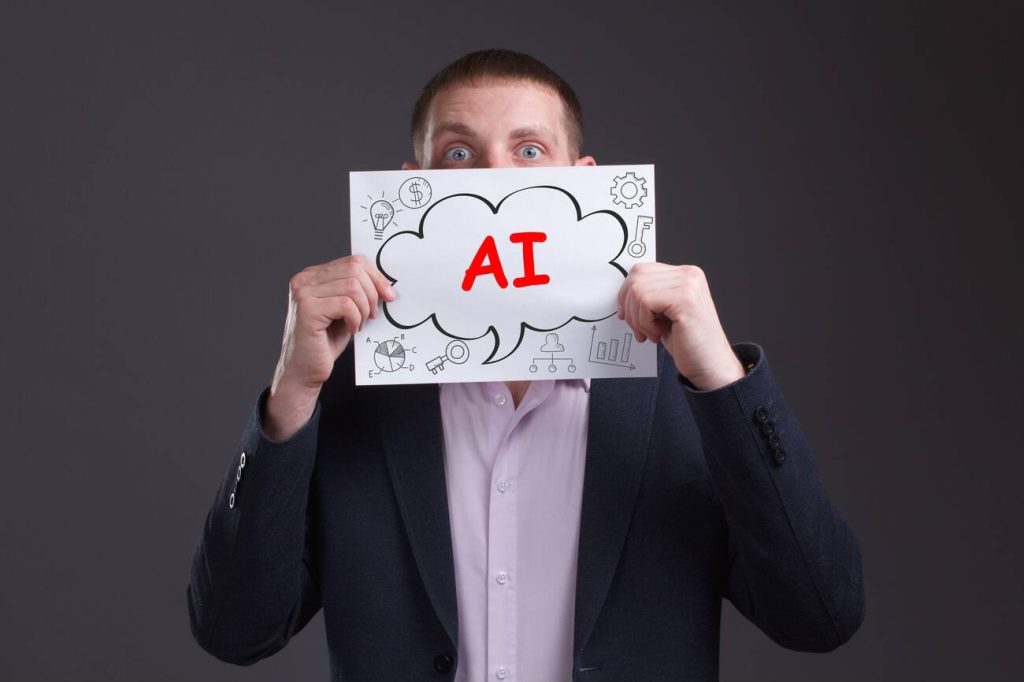Over the last few decades, web design has seen a big change due to changing technology. Technology has always been a source of how websites are created, from HTML pages to dynamic and interactive designs. With artificial intelligence (AI), web design is entering a new era. AI tools are proving to be faster, smarter, and more efficient in website building. However, will these have a positive impact, or is there a huge risk that businesses should consider?
In this article, we’ll discuss the pros and cons of AI in web design, how it works, and whether it’s right for you or your business.
What Is AI Web Design?
Artificial intelligence web design uses machine learning to create, maintain, and optimize websites. These tools have algorithms and use automation for tasks that human designers would have manually done. For example, AI can automatically pick layouts, color schemes, and fonts that complement each other well. It can also help optimize website content in search engines, suggest design improvements, or build entire websites with little user input.
Hence, popular AI-based web design platforms, including Wix ADI (Artificial Design Intelligence), Bookmark, and Firedrop, help people create professional websites without any prior design experience.
Is AI Web Design a Game Changer?
AI web design platforms perform well because they combine data analysis, pattern recognition, and automation. Users answer questions about their business type, preferred style, and targeted goals. The AI tool analyzes this input, matches it, and generates new design templates, trends, and user behaviors.
Building a website takes days or weeks with traditional processes, but AI can build one for you in minutes. This is a game changer for startups, small businesses, and individuals who need to establish a web presence quickly. More so, hiring a professional web designer can be pricey. However, AI tools have made it affordable, helping you get professional-looking designs without spending money.
Secondly, AI platforms are created for non-experts. With intuitive interfaces and simple instructions, even a person with no technical background who has never worked with websites can create a functional and nice-looking website.
Additionally, with AI Tools, users can define how their website should look, choosing colors, layout, and features appropriate to their brand. Some even use AI in their platform to recommend designs related to the user’s industry.
Finally, just as AI doesn’t trick users into not knowing it’s AI, it also doesn’t just design websites. AI-driven SEO suggestions, traffic analysis, and performance tracking are designed to guarantee visually appealing sites and the achievement of the goals they were set to achieve.
Risks and Challenges
AI is a master at efficiency but not as good at creating something brilliant or original. One shortcoming of many AI-generated websites could be that they can feel generic or repetitive, unlikely to distinguish brands. If your business has particular objectives, professional company homepage creation services are highly recommended for it to stand out. Although it will be at a fee, the outcome will create a warm and unique website that strategically highlights your brand identity.
Additionally, AI often operates inside templated platforms, even if it allows personalization options. These limitations can restrict the ability to achieve optimal success for businesses that don’t share a one-size-fits-all identity.
Relying too heavily on AI can result in losing human oversight. One of the misjudgments or mistakes in the choice of design may remain neglected and destroy the quality or functionality of the website.
AI tools need the user’s data to work. That raises concerns about how data is gathered, stored, and used, especially in industries where privacy is extremely important.
Lastly, these tools are imperfect and don’t always know how to solve complex design requirements or uncommon specificities. Human designers will be necessary for some extremely targeted business needs.
Summary
AI web design offers many advantages, but like most good things, risks are involved. Businesses looking for unique or highly creative designs but cannot afford to rebrand with every new feature could have a starting point with AI that they can build on.
However, limited customization and dependence on templates are not good things. Also, data privacy issues and technical restrictions render it an unpopular alternative for industries that require scrupulous regulations and involve product design. Hence, a hybrid solution that combines AI and human design for higher-order customization might be the best.





